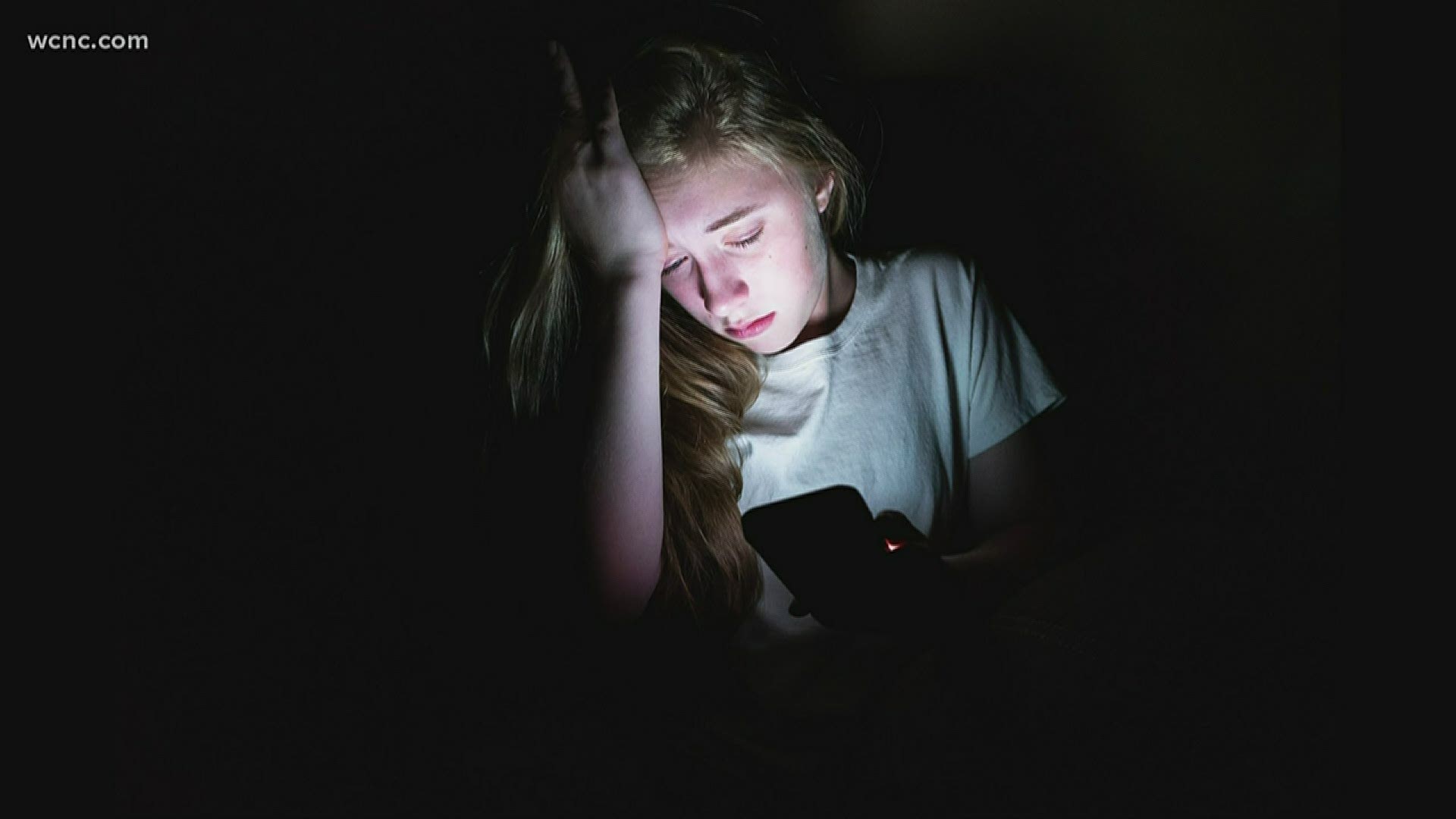CHARLOTTE, N.C. — More stressors, plus more isolation. These are things mental health professionals are concerned about as we make our way through this coronavirus crisis. On top of that, springtime is already a season when mental health needs might need extra attention.
While it seems counterintuitive, mental health professionals say spring, not winter, can be the peak time for suicides and suicide attempts. One theory is that, with spring, comes more energy.
"Someone who's been struggling with suicide or seasonal depression, they could have enough energy, just like the rest of us, and that might be enough to put their plan in place," said Kevin Markle, with Mental Health America of the Central Carolinas.
Markle says the societal challenges the coronavirus has brought can also make things worse.
"We've got unemployment rates that are high. We have a lot of unknowns with the global pandemic. What are we expecting? What's going to happen?" said Markle.
Then there's the isolation.
"When you don't see family or friends, and you don't see coworkers, and you don't see anybody, that isolation can feed the feelings of depression and sadness and loneliness," said Dr. Julie Pruitt, a clinical psychologist with University Psychological Associates.
Pruitt says, at a time when anxiety is high, their referrals are down.
"People often come to us after they see their primary care physician and begin to talk about the fact that they're so stressed and so overwhelmed, and because they're not going to their primary care doctors, they're not getting the referral," Pruitt said.
That concerns Pruitt because it means people who need help might not be getting it.
She says many psychologists are still seeing people, by phone or video chat, and are there to help.
"Most therapists are available in Charlotte right now. Most practices are open and are willing to take on new patients," Pruitt said. "They just need to reach out."
University Psychological Associates is one group accepting new patients via telehealth. More information is available here.
According to Markle, there's been an increased interest in Mental Health America's mental health crisis training programs, including its QPR Question, Persuade, Refer suicide prevention course.
The one-hour course trains people on how to recognize the warning signs of suicide and provide help. You can find out more about that training here.
"This is a hard time, but there is hope, and we need to hold on, as a nation particularly," said Markle.
Dr. Pruitt has offered some ways everyone can keep their mental health in better shape:
- Take breaks from coronavirus news and messaging, as possible
- Keep moving/keep active
- Stick to a schedule to maintain feelings of normalcy
- Stay connected with others through phone calls or video chats
- Avoid substances, like alcohol and drugs, which can fuel depression
- Volunteer
If you need to reach out for help, here are some numbers to call:
National Suicide Prevention Lifeline: 1 (800) 273-8255
Greater Charlotte Hope Line: (980) 771-4673

